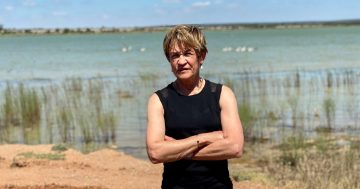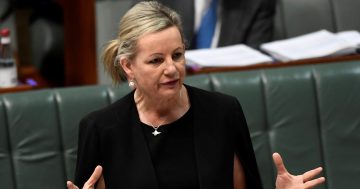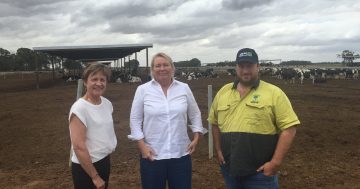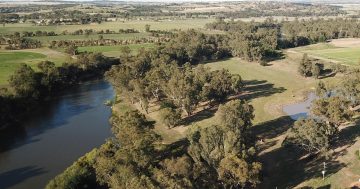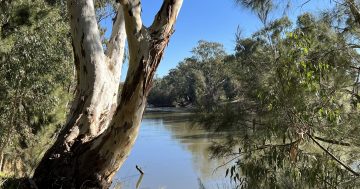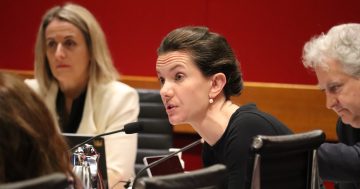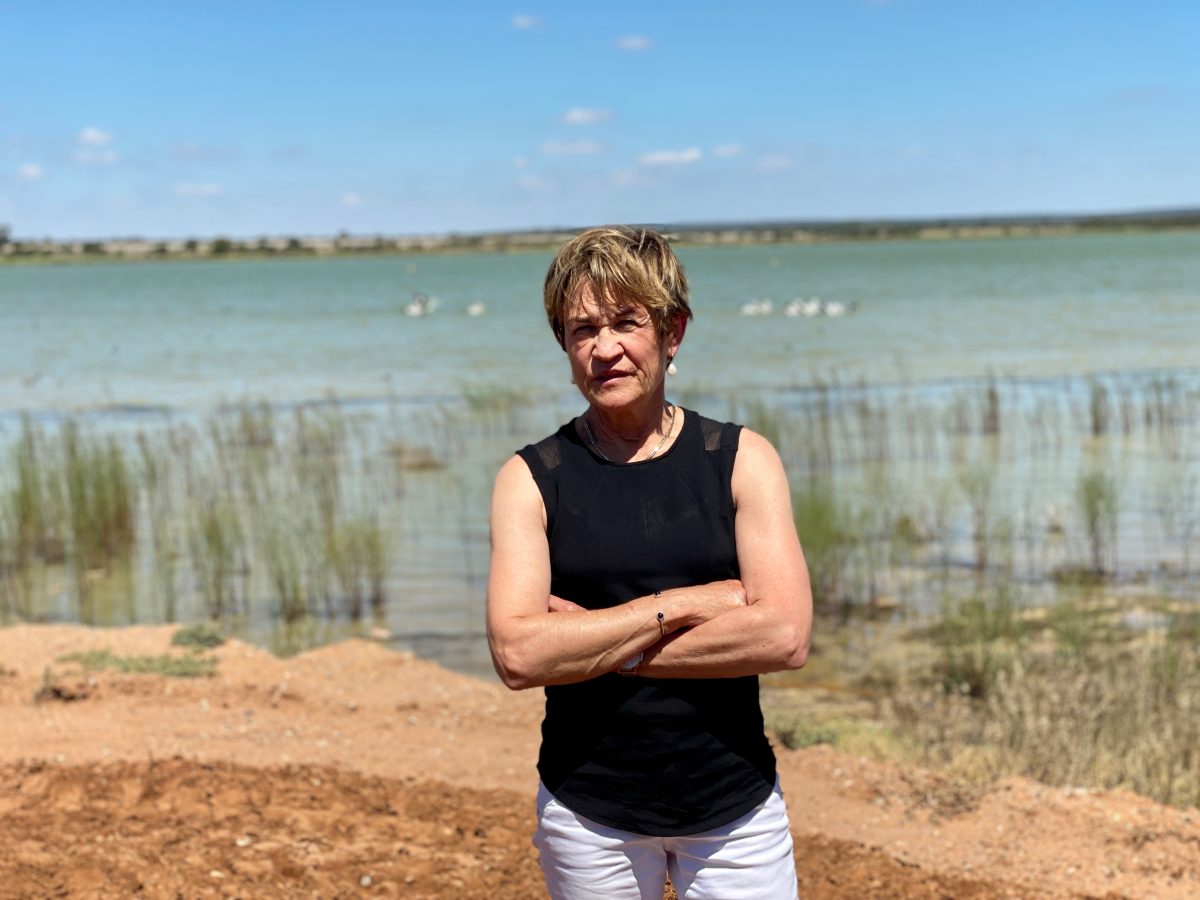
Murray MP Helen Dalton has accused the State Government of water theft. Photo: Supplied.
Murray MP Helen Dalton has accused the NSW Government of “stealing hundreds of millions of dollars” of water from farming families every year since 2002 and has called on NSW Premier Chris Minns to take action.
However, the department responsible for water allocations rejects any accusations of water theft and says that any transfer of water back to farmers could have a negative impact on the environment and the health of the river system.
In 2002, Murrumbidgee and Murray river irrigators handed over a fixed percentage of their water entitlements to the government, during a wet season. Called ‘voluntary contributions’, the NSW Government initially promised to review this system each year. However, reviews did not occur and the government continues to take a fixed percentage from farmers. For this reason, Ms Dalton refers to the annual contributions as a form of “theft”.
“I am calling on Premier Chris Minns to accept this theft can no longer be allowed and to declare that the voluntary contributions shakedown is over,” Mrs Dalton said.
“If you take something which doesn’t belong to you, it’s theft, pure and simple. It’s just water theft, with a nicer name.
“If these ‘voluntary contributions’ are truly voluntary, then farmers should be able to choose not to make these contributions.”
Ms Dalton used an analogy to explain her argument.
“Imagine if I asked to borrow your car for a year and then never gave it back,” Mrs Dalton said.
“Or imagine if you let me move into your house for a while and then I just refused to leave and acted like your house was mine. Well that’s what’s happened to farmers, and it’s not OK.
“Rural communities are calling [nonsense] on the last two decades of water theft and we will not back down until we end this shakedown.”
The NSW Department of Climate Change, Energy, Environment and Water (DCCEEW), which manages water allocations in the state, hit back at this characterisation.
“These allocation rules were the result of a cooperative decision by water users to support environmental outcomes by adjusting how water is allocated, particularly during dry periods,” a spokesperson said.
“It was not a government initiative.
“Referring to these agreed arrangements as ‘water theft’ is incorrect and misrepresents the collaborative process through which they were established.
“It is important that the environment, as well as water users, gets its fair share of water.”
Region asked DCCEEW if the department would consider returning voluntary contributions and why the promised annual reviews did not occur.
The DCCEEW said the planned 12-month reviews never took place as the Basin Plan “superseded earlier state-based reforms”.
“The Basin Plan set new environmental water recovery targets and used existing planned environmental water (PEW) rules (including these existing allocation rules) as a baseline,” a spokesperson said.
“In wetter years, most all water access licence holders receive full allocations.
“In drier years, lower priority entitlements may receive reduced allocations — this is consistent with the original rules agreed by stakeholders.”
The department warned that reversing the contributions could have adverse outcomes for farmers and the environment.
“Under current water resource plan obligations, NSW is not allowed to reduce the level of PEW protection, which means the department cannot legally reverse these allocation rules without providing an equivalent water outcome for the environment,” the spokesperson said.
“These allocation rules are now embedded in the Murray-Darling Basin Plan as planned environmental water.
“Reversing these contributions would risk non-compliance with the plan and could trigger additional water recovery obligations.”







